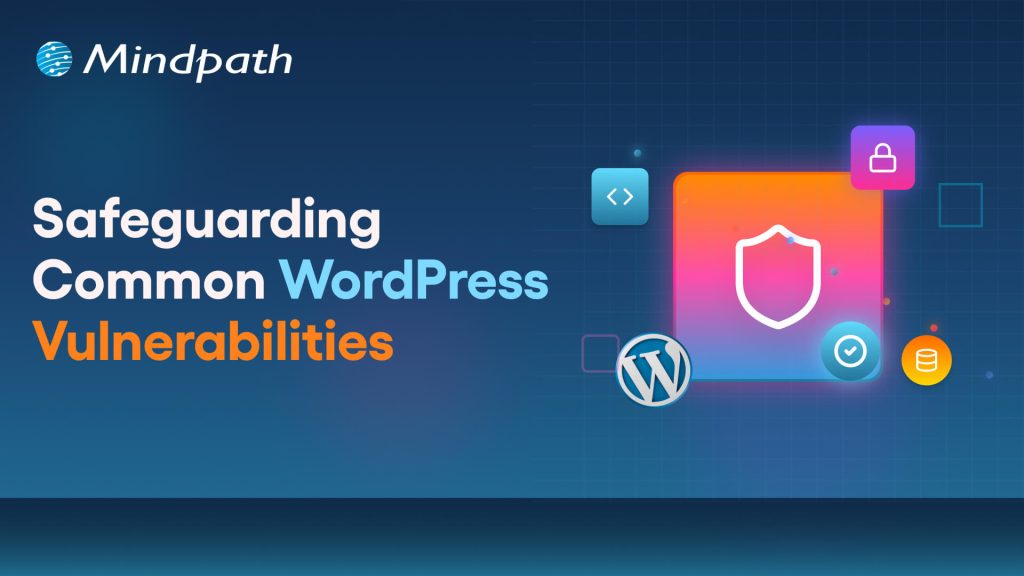Are you looking for top ReactJS developers in California to build a high-performance web application? Do you need experts who can create scalable, fast, and user-friendly solutions? Finding the right developers can be challenging, but with the right approach, you can hire the best talent to bring your vision to life.
California is home to some of the greatest ReactJS developers, making it an excellent location to discover top talent for your web development requirements. Whether you’re creating a dynamic web application, a complicated business solution, or improving an existing platform, hiring talented ReactJS developers can help you create quick, scalable, and user-friendly solutions.
With the increasing need for high-performance web applications, organizations want developers that can use ReactJS to provide seamless user experiences. California’s booming technology ecosystem gives access to seasoned individuals who understand current development trends, best practices, and industry standards. Hiring the proper ReactJS developers ensures that your project is constructed for efficiency, adaptability, and long-term success.
Let’s explore how you can find and hire skilled ReactJS developers in California for your project!
Steps to Hire ReactJS Developers in California
1. Define Your Project Needs
To hire a ReactJS developer in California, begin by describing the sort of application you want. Whether it’s an e-commerce platform, a SaaS solution, or a business tool, having a clear vision helps you choose the best developer. List the project’s needed features and functions, such as user authentication, payment processing, and real-time updates. A well-defined feature list helps the developer grasp the scope of work. Creating a budget and project timeframe is also essential. Determine your investment budget and set timeframes for development milestones. A well-structured budget and timetable serve to expedite the recruiting process and guarantee that everything runs smoothly. By carefully outlining your project requirements, you can discover a ReactJS developer with the required competence to produce a high-quality, scalable, and efficient application.
2. Write a Clear Job Description
A well-written job description will help you recruit the best ReactJS developers in California. Clearly define the project details, such as the sort of application being built and the intended results. Define important duties to help applicants understand their involvement in the project. Specify the fundamental abilities necessary, such as knowledge of ReactJS components, state management, and hooks. If the project requires complicated functionality, it includes extra abilities such as Redux, TypeScript, or API integration. Indicate your desired experience level: junior developers for easier duties, mid-level for greater responsibilities, or senior developers for advanced problem-solving and leadership. Providing this transparency helps you obtain applications from the most qualified people. A well-structured job description simplifies the hiring process, making it simpler to identify a developer who suits your project requirements and technical expectations.
3. Source Qualified Candidates
Finding the best ReactJS developer in California begins with looking in the proper locations. Use employment boards like LinkedIn, Indeed, and AngelList to connect with competent developers who are actively searching for work. These systems enable you to screen individuals based on their experience, talents, and location. Networking is also a good approach to uncover great talent. Engaging with industry leaders, attending tech meetings, and joining online developer groups can lead you to competent ReactJS developers through recommendations and referrals. Working with specialized tech recruiting companies is a more targeted strategy. These agencies have access to pre-screened candidates, which saves time and effort during the hiring process. Using numerous sourcing techniques, you can locate highly competent ReactJS engineers who meet your project’s demands and technical specifications.
4. Screen Resumes and Portfolios
Once you’ve compiled a list of possible ReactJS developers in California, evaluate their resumes and portfolios. Look for applicants that have hands-on expertise with ReactJS and are familiar with major frameworks like Redux, Next.js, and TypeScript. Examine their previous projects to determine their technological competence. A successful portfolio should include well-structured, useful, and responsive apps. Pay special attention to projects that exhibit proficiency in creating reusable components, maintaining state effectively, and integrating APIs. Assess their knowledge of JavaScript foundations, as ReactJS depends significantly on JavaScript principles such as ES6 capabilities, asynchronous programming, and DOM manipulation. Candidates with strong JavaScript skills are more likely to manage complex development tasks effectively. With rigorous portfolio and resume screening, you may create a shortlist of the most skilled developers who have the right experience and technical expertise for your project.
5. Conduct Technical Assessments and Interviews
After selecting applicants, the following stage is to assess their technical talents and problem-solving ability. Conduct code challenges to assess their ReactJS competency, with an emphasis on component development, state management, and performance optimization. Evaluate their abilities to build clean, efficient, and scalable code. In the interview, ask technical questions on essential ReactJS concepts including the virtual DOM, JSX, lifecycle methods, and hooks. Understanding the principles is critical for creating high-quality apps. Beyond technical competence, assess communication, cooperation, and teamwork abilities. Developers frequently collaborate with designers, backend engineers, and project managers, thus assessing their teamwork skills is essential. Strong problem-solving abilities, effective communication, and adaptability are essential characteristics of a great ReactJS developer. By mixing coding challenges with in-depth conversations, you can confidently select a developer who meets your technical and project requirements.
6. Make an Informed Hiring Decision
After conducting technical tests and interviews, thoroughly analyze each candidate’s overall suitability for the position. Consider their technical proficiency, problem-solving talents, and ReactJS experience. Examine their previous work, coding style, and approach to issues to guarantee they can manage your project’s complexity. Beyond technical knowledge, evaluate cultural fit and collaborative abilities. A developer that shares your company’s beliefs and work environment will be more productive and cooperate with your team. Once you’ve found the ideal applicant, negotiate a salary plan based on their expertise and industry norms. Discuss project expectations, work arrangements, and contract terms to ensure that all parties understand. Complete the recruiting process by establishing onboarding protocols and giving access to relevant tools and resources. A well-designed hiring decision ensures you bring a skilled ReactJS developer on board who can contribute to the success of your project.
Looking for skilled ReactJS developers to build your next project? Mindpath provides top-tier ReactJS talent tailored to your business needs. Our expert developers deliver high-performance, scalable, and user-friendly applications.
Let’s bring your vision to life with the right expertise. contact Mindpath today! to hire the best ReactJS developers in California!
Check out our next Blog: Factors to consider while hiring ReactJS Developers in California












